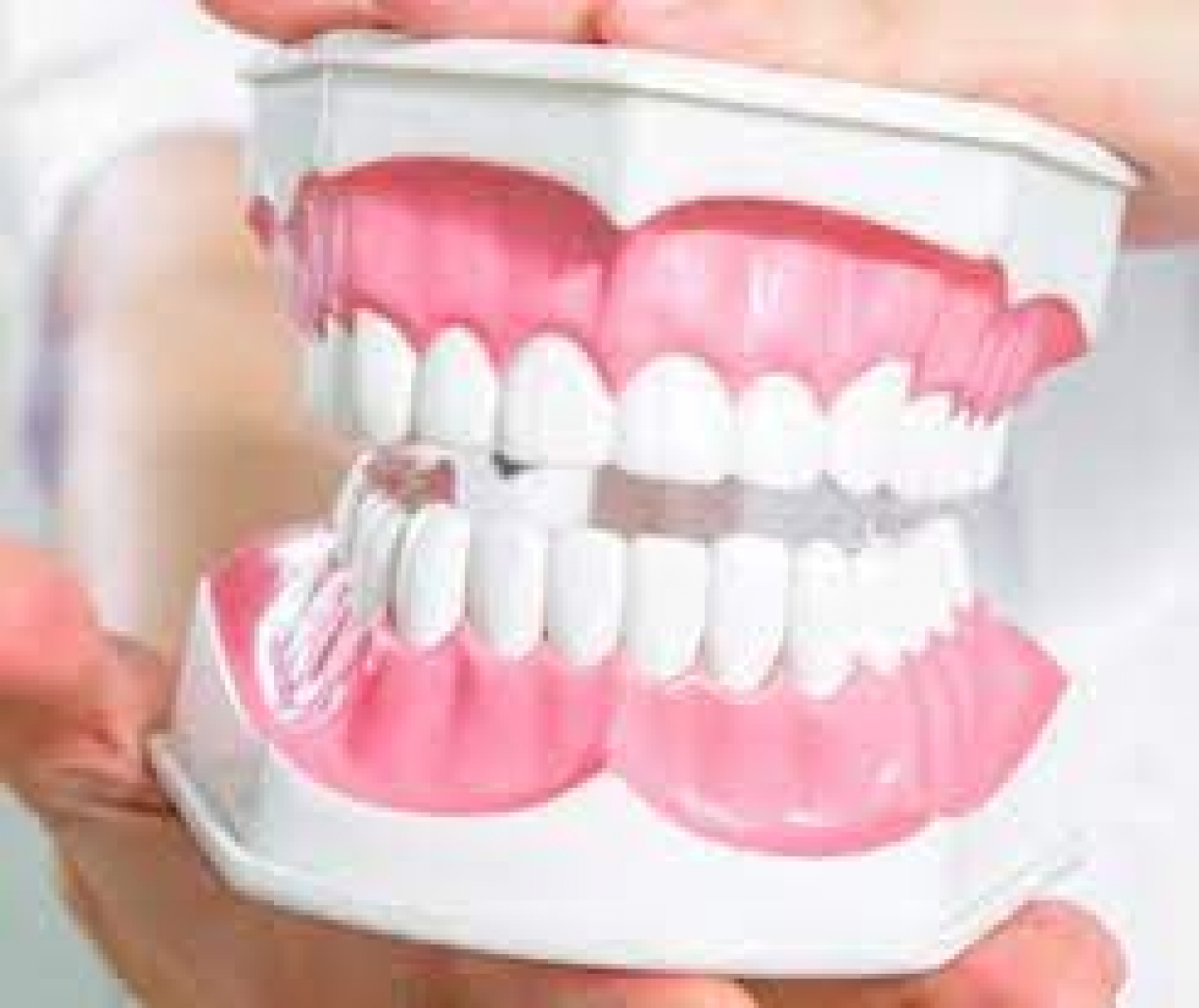She said, “For example, noma is a disease that destroys the mouth and faces of mostly young children. If left untreated, it is fatal in 90 per cent of these cases. As a marker of extreme poverty, it is primarily found in Sub-Saharan Africa.
“Factors contributing to oral diseases include an unhealthy diet high in sugar, smoking, harmful use of alcohol, poor hygiene and other social determinants. These are the same factors also responsible for non-communicable diseases.
“As such, there is a unique opportunity to prioritize oral health as a means to contribute directly to reducing NCDs and their associated risk factors. In this context, in 2016, member states endorsed the Regional Oral Health Strategy 2016-2025: Integrating oral health into NCDs prevention and control towards Universal Health Coverage.”
World Oral Health Day is marked annually on 20 March, to raise awareness around the importance of oral health.
WHO has always advocated for good oral health, stressing that it is, after all, an important contributor to overall good health, wellbeing and quality of life.
Dr. Moeti noted that the WHO has supported countries, technically and financially, to implement the regional strategy.
Activities to mark the day include the development of national strategies, building health worker capacity, establishing an efficient workforce model to accelerate the implementation of oral health policy options, and the strengthening of integrated surveillance in collaboration with different partners.
“For example, through the WHO Africa Regional Programme on Noma Control, 10 priority countries have been supported to establish and implement an integrated national noma control programme. Cabo Verde, Kenya, Malawi, Niger, Senegal and Zimbabwe were also supported to develop and implement national oral health strategies.
“An oral health training course for community health workers, with a view to seeing them share responsibility for oral health promotion in communities, is being developed.
“Today, 38 member states in the WHO Africa Region have an oral health unit in their ministries of health, while 17 have at least one national oral health document. Access to appropriate fluoride toothpaste to prevent dental caries is being promoted by many member states, and more than half of all Member States are defining oral health services in standard essential healthcare packages,” she said.
WHO, however, decried the lack of political will and commitment shown by some countries, noting that is contributing to low priority status for oral health.
“The WHO Africa Region is home to about 3.3 dentists per 100 000 people – less than one-tenth of the global ratio of 32.8 dentists per 100 000 people. The disruption of oral health services by the response to the COVID-19 pandemic has exacerbated the constraints in the Region.
“There is also a shortage of current population-based information about the burden of oral diseases on the continent, with indicators rarely included in national health information systems.
“As WHO in Africa, we take this opportunity to urge ministries of health to prioritise oral health agenda as part of other priority health and development agendas. This needs to be backed by funded national oral health strategies, including public health interventions to address common risk factors for NCDs. Provision of cost-effective oral health services at primary care level, within an efficient workforce model, is also critical, as is support for government efforts from non-governmental organisations, civil society and the private sector.
“Concrete steps are required to curtail the marketing, advertising, and sale of products that contribute to oral diseases, while improving access to affordable, safe, effective and quality dental equipment, devices, and oral hygiene products.
“We encourage you all to take responsibility for your own oral health by adopting a healthy lifestyle and choose a well-balanced diet low in sugar and high in fruit and vegetables. Maintain good oral hygiene by brushing your teeth with fluoride toothpaste twice a day,” WHO said.
Source: HealthWise







